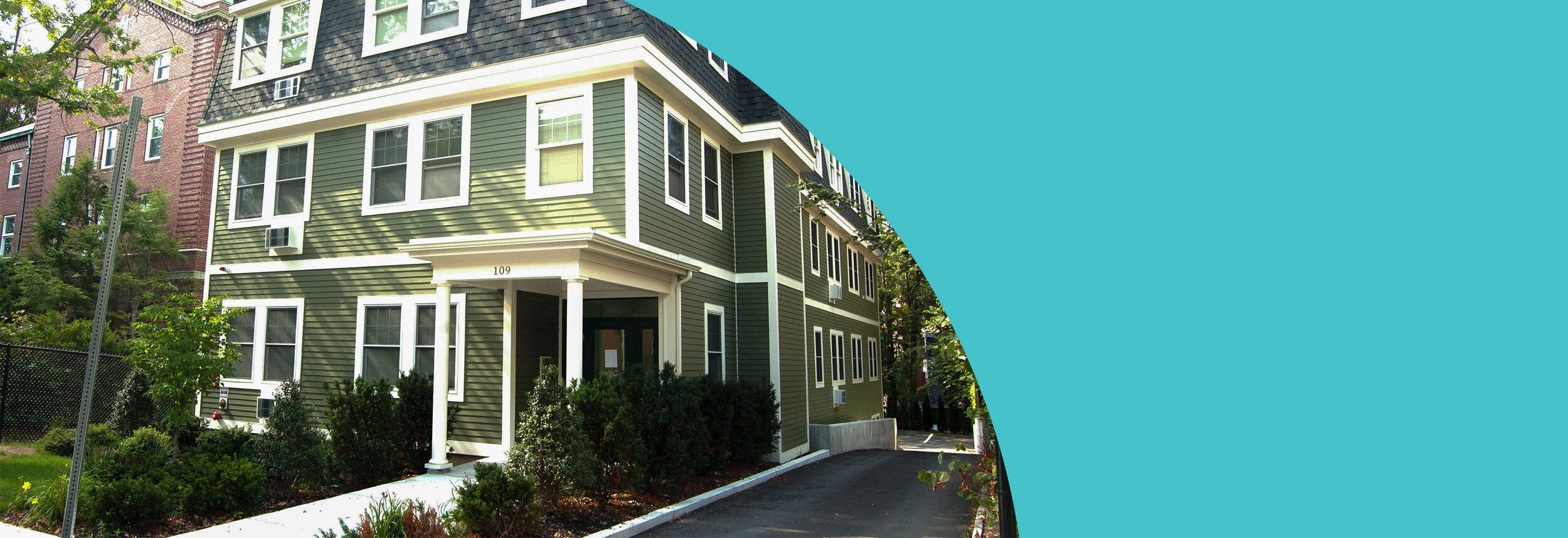Housing accelerator fund

OppCo is seeking $20 million in loan fund capital to help our members accelerate their ability to develop affordable homes and commercial spaces in low-income communities.
Large CDCs across the country have established in-house revolving loan funds by building up their balance sheets or establishing a Community Development Finance Institution (CDFI). OppCo seeks to build this capacity for its members within the next three years. The Housing Accelerator Fund will help members to build their capacity to acquire and predevelop affordable homes and commercial spaces.
Having access to flexible and nimble, low-cost capital provides many benefits for community development corporations (CDCs).
Low cost capital can bring down the cost of developing affordable housing. Today’s market, with high interest rates and construction costs, makes the work of CDCs even harder, increasing the value of low-cost capital as deals are financed.
Low cost capital will support CDCs to acquire existing properties and to then hold the property while the CDC assembles the financing required to transition the property to permanent affordable housing. This strategy preserves affordable housing and is a proven tool for preventing displacement of low-income renters when their apartment buildings are sold.
Recently available multi-family properties are priced with an assumption that rents will go up by about 15%. If we don’t act, speculative investors will. The risks of displacement and rising rents fall most heavily on low- and moderate-income households and communities of color, like those served by OppCo’s CDC members.
When opportunities arise, we must have the resources to move quickly and nimbly. Having an in-house capital fund will expand our ability to compete and to accelerate our production of affordable homes.
“If we have easy access to flexible, competitively priced capital that allows for a multiyear hold between acquisition and significant capital investments, CDCs can play a critical role in stopping displacement in this market.” — Rafael Mares, The Neighborhood Developers
Read more about how our sector is adapting to pandemic-fueld housing market opportunity, in this Shelterforce article.

Increasing access to capital fulfills our mission, and makes good business sense.
For example, every $3M of low-cost capital could enable an OppCo member to purchase properties with a total of ~80 apartments. Once acquired, the CDC will assemble the financing it needs to transition the homes to permanently affordable.
We are looking for philanthropic donors and mission-driven social impact investors who understand that well-run, affordable, and service-supported housing is a powerful contributor to family and community health. We will use the revolving funds to leverage additional resources for our members to acquire properties—either land or existing multifamily properties— to expand community inventory of affordable homes.
We seek the following types of investments to assemble $20 million:
Grants
Social Impact Investments / Program Related Investments that are loans of 1% to 2% for five+ years
Low-interest loans of up to 4%, also for a five-year+ term
Equity
Loan Guarantees
More about how it works:
A PRESERVATION EXAMPLE
The Housing Accelerator Fund will provide the 20% down payment needed to purchase exiting multi-family rental properties.
Bank debt will finance the remaining 80% of acquisition costs.
Within 3-7 years, permanent take-out financing will recycle the acquisition funds back into the loan fund to invest into another property.
Contributors will earn a modest return on their investment and are repaid in full after five to ten years.
Every $3M in the capital fund will preserve ~80 homes as permanent affordable housing, and leverage $25M in affordable housing.
Housing Accelerator Fund Supporters
CASE STUDY
28-40 Washington,
Chelsea MA
The Neighborhood Developers’ Strategy: Purchase existing properties, and then permanently preserve them as affordable housing. This cost-efficient method permanently preserves the homes’ affordability, and prevents displacement.
27-unit senior property near City Hall
No permanent rent restrictions in place; the property has a housing assistance payment contract that expires in 2034
TND purchased the property; no tenants were displaced
Per unit purchase price is far lower than the cost of creating replacement units
TND’s acquisition loan has a 10-year term. TND will refinance before the loan matures; at that time TND will create permanent affordability
CASE STUDY
Nehemiah, Dorchester, MA
Nuestra Comunidad and Pleasant Hill Baptist Church are co-developing a Family Housing and Community Center in Dorchester, MA. The development will include 26 apartments that will be 100% affordable to households earning up to 60% of AMI. The 2,000 sq. ft. community center will serve the William Monroe Trotter Community.
CASE STUDY
El Centro, Salem MA
North Shore Community Development Coalition
Strategy: Partner to bring affordable housing and healthcare to the community.
In partnership with North Shore Community Health, North Shore CDC will revitalize Salem’s South River by embarking on a mixed-use, mission-driven project located at the gateway to the Point Neighborhood.
With 48 apartments that are 100% affordable, El Centro will connect public health, affordable senior housing, climate change preparedness, and public art.




